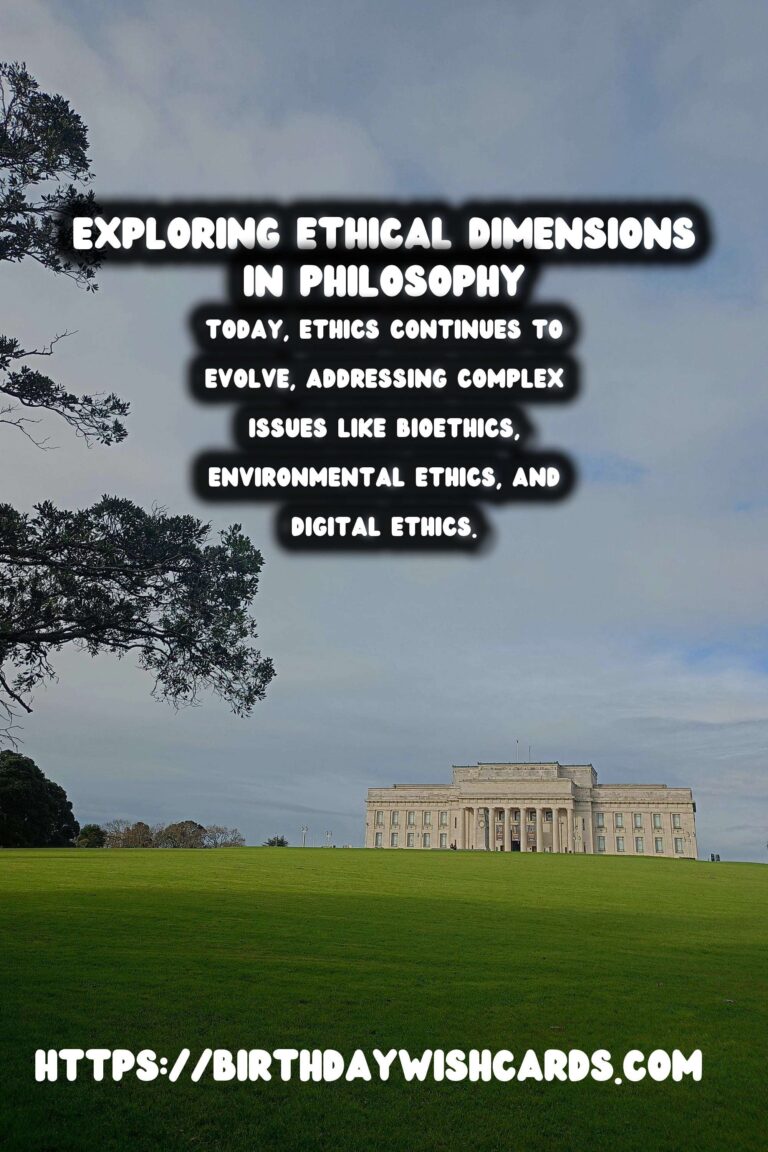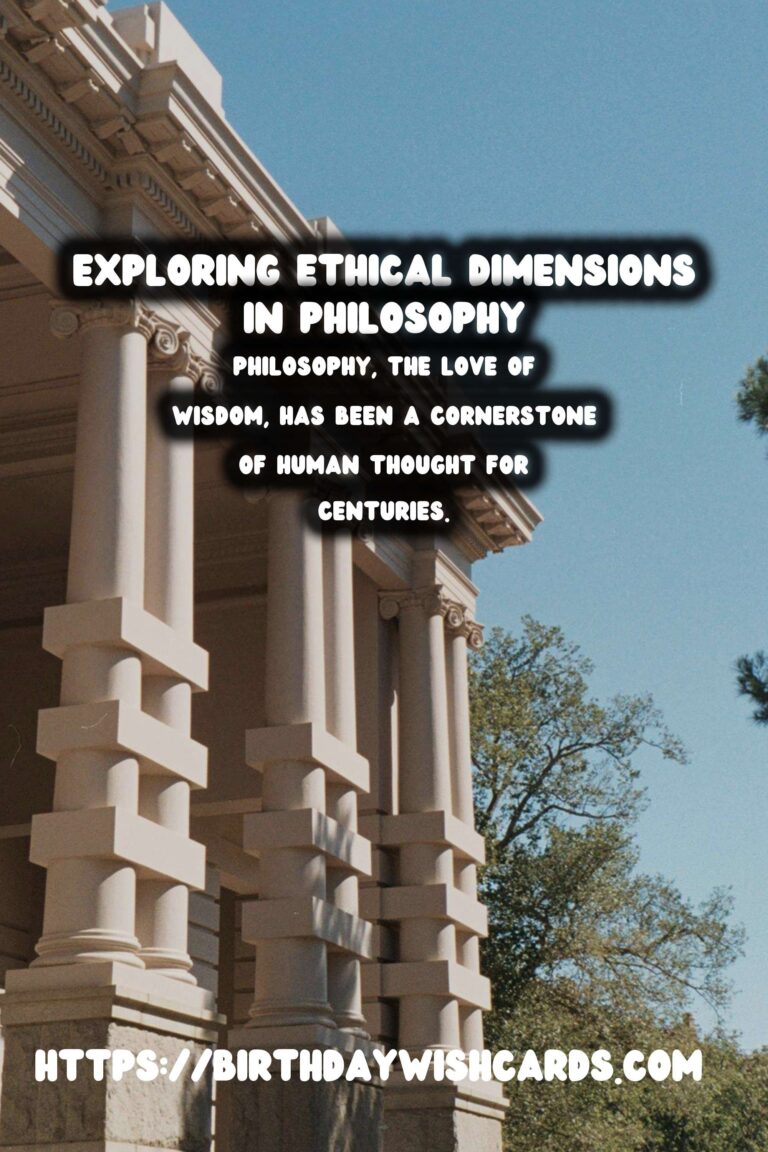
Philosophy, the love of wisdom, has been a cornerstone of human thought for centuries. It is a discipline that questions existence, knowledge, values, reason, mind, and language. Among its many branches, ethics has always occupied a central place. This article explores the rich history of philosophy with a focus on its ethical dimensions, traversing through ancient, medieval, modern, and contemporary eras.
Ancient Philosophy and Ethics
Ethics, or moral philosophy, first took form in the philosophies of ancient Greece. Figures like Socrates, Plato, and Aristotle pioneered this field, examining the nature of virtue and the good life. Socrates, famed for his Socratic method, believed that knowledge and virtue were intrinsically linked. Plato, his student, introduced the idea of an ideal realm, where forms—perfect embodiments of goodness—exist.
Aristotle, in his ‘Nicomachean Ethics’, proposed the concept of virtue ethics, suggesting that a virtuous life leads to eudaimonia, or flourishing. For Aristotle, ethics was practical and concerned with the character of the individual.
Medieval Philosophy and Ethical Thought
During the medieval period, philosophy was heavily influenced by religion, particularly Christianity, Islam, and Judaism. Scholastic philosophers like Thomas Aquinas sought to harmonize religious doctrines with philosophical reasoning. Aquinas’ ethics were rooted in natural law, a view that moral knowledge is inherent in human nature, accessible through reason and conscience.
Meanwhile, Islamic philosophers such as Al-Farabi and Averroes expanded upon Greek notions, integrating them with Islamic teachings to form a cohesive ethical framework that emphasized intellectual development and moral virtue.
Modern Philosophy and Ethical Developments
The Enlightenment marked a new era in philosophical thought. Rationalism and empiricism influenced philosophers to re-evaluate ethical systems. Immanuel Kant introduced deontological ethics, emphasizing duty and reason. According to Kant, moral actions are derived from categorical imperatives, universal principles that are intrinsically right irrespective of their outcomes.
John Stuart Mill and Jeremy Bentham developed utilitarianism, the ethical theory that actions should maximize happiness and reduce suffering. This consequentialist approach contrasts with deontological ethics, focusing on the results rather than the nature of actions.
Contemporary Philosophy and Ethical Discussions
In the 20th century, existentialists like Jean-Paul Sartre and Albert Camus examined ethics through the lens of existential freedom and responsibility. Sartre posited that individuals must create their own values in an absurd, indifferent world, with no objective standards for morality.
Today, ethics continues to evolve, addressing complex issues like bioethics, environmental ethics, and digital ethics. Philosophers are challenged to consider morality in the context of modern technology and global interconnectivity, raising questions about privacy, sustainability, and justice.
Conclusion
The study of ethics in philosophy is a continuous journey, mirroring humanity’s quest to understand itself and the world. From ancient concepts of virtue to contemporary discussions on digital ethics, the ethical dimensions of philosophy remain critical to our collective development. As we look forward, these principles guide us in addressing the ethical complexities of tomorrow.
Philosophy, the love of wisdom, has been a cornerstone of human thought for centuries. Today, ethics continues to evolve, addressing complex issues like bioethics, environmental ethics, and digital ethics. 









#Philosophy #Ethics




